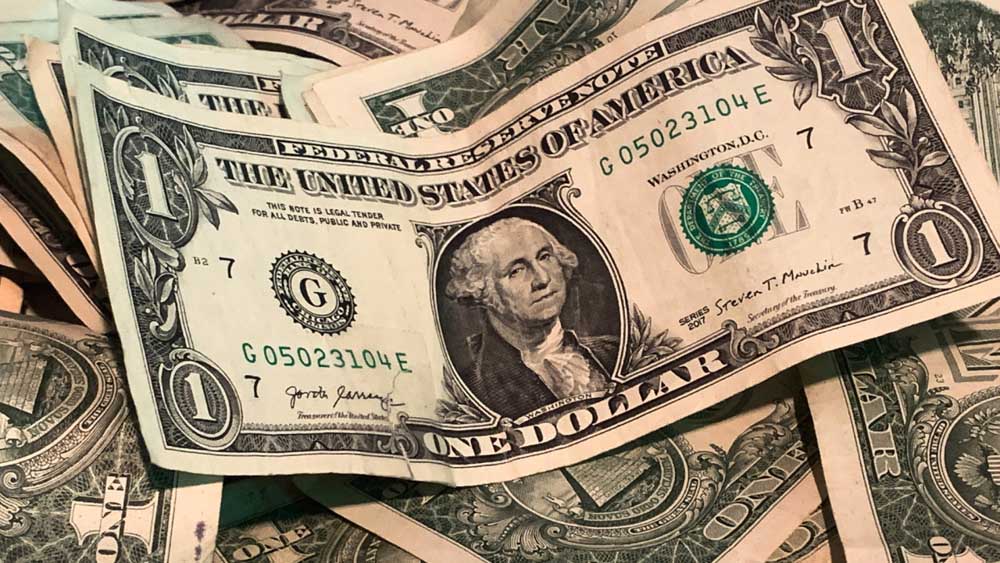What the dollar’s recent drop means for you
Published 12:36 pm Tuesday, January 9, 2024

- fed7_kl_122322
The dollar has slumped in recent weeks amid expectations of big Federal Reserve interest-rate cuts next year.
The Bloomberg Dollar Spot Index, which measures the greenback against 10 major currencies, has dropped 4% since Oct. 3, a big move in the currency world.
So what does that drop mean for you? The implications are mixed. But before getting into this, it’s worth putting the dollar’s latest move in context.
The U.S. currency is little changed from six months ago and a year ago. It soared from the beginning of 2021 until late 2022, as the U.S. economy grew faster than those abroad.
Move May be Over
While the dollar has slid recently amid the enthusiasm for Fed rate cuts, expectations now abound for rate cuts from foreign central banks too – particularly the European Central Bank.
That means the dollar might not fall much further. The currency with the higher interest rates generally rises, as investors seek fixed-income securities denominated in that currency to enjoy the high yields.
But for now the dollar has stumbled, so let’s talk about the impact for you. If you’re planning a trip overseas, say to Europe, your purchasing power will be reduced, as your dollars will be worth less euros. So maybe hold off on that six-pack of Hermes scarves in Paris.
Some shops and restaurants overseas accept payments in dollars, so if that’s allowed, you probably want to do it. This will save you on foreign exchange fees too – either on your credit card or converting cash dollars to foreign currency.
The Positives
On the plus side, for those of you with foreign stock or bond holdings, the greenback’s decline makes them more valuable in dollar terms. Of course, you likely don’t hold individual foreign stocks or bonds denominated in their home currency. But your mutual funds or exchange-traded funds might do so.
If those funds don’t hedge their currency exposure, the dollar’s weakness will push the funds’ value higher. But if those funds do hedge, then it doesn’t really matter for the funds’ value what the dollar does.
Dollar weakness can help your U.S. stocks with major operations overseas, as it makes their exports cheaper in dollar terms and makes their foreign-currency revenue worth more in dollars.
None of this is a huge deal, so there’s likely nothing major for you to worry about in the dollar’s dip.






